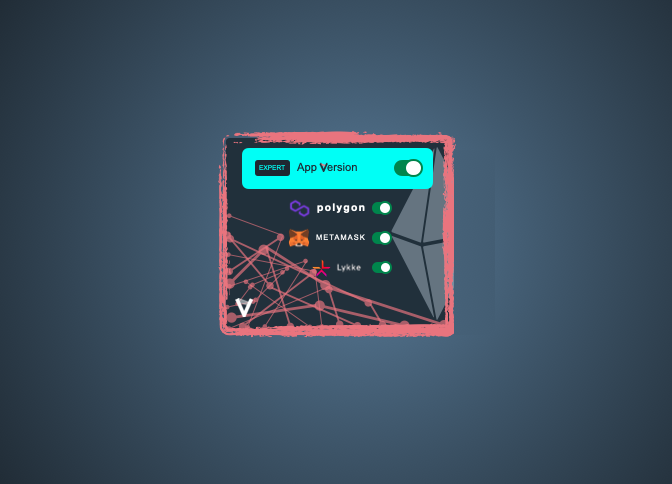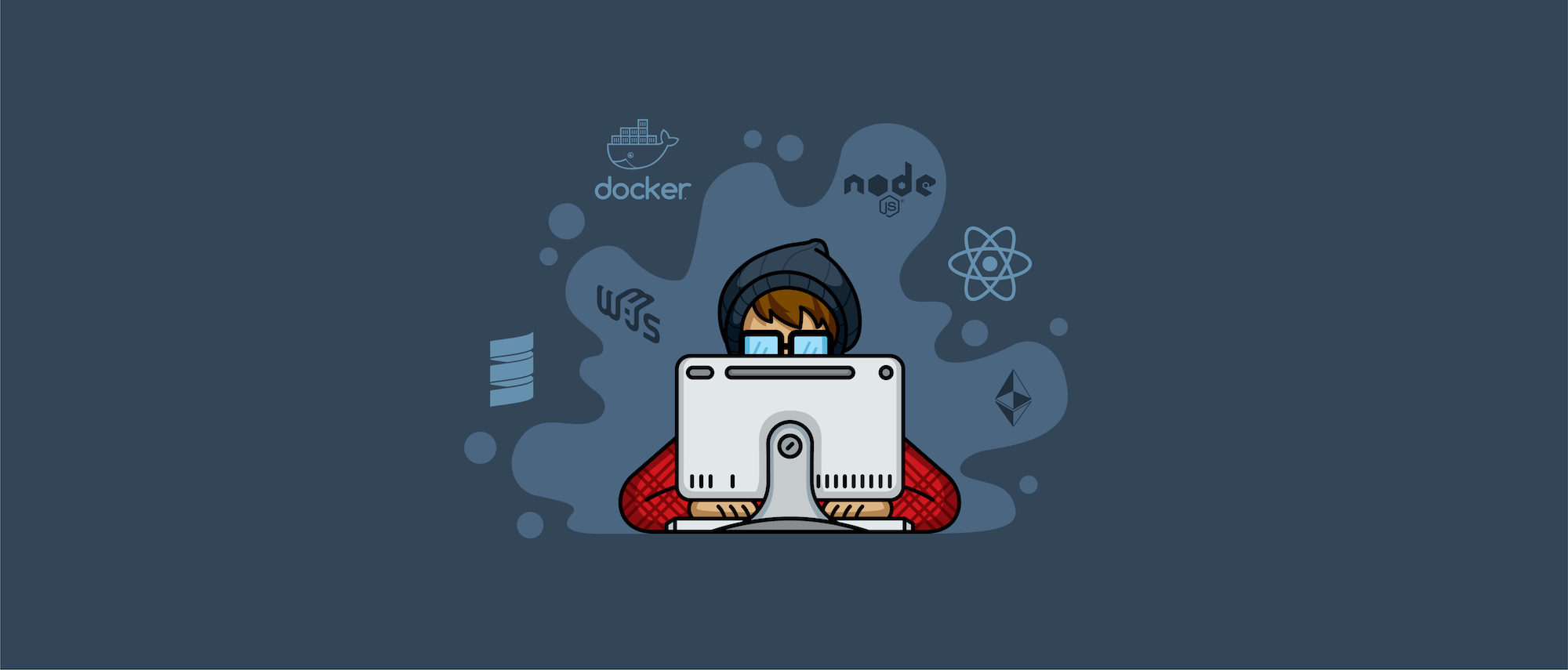We see ourselves as part of the decentralization movement and are convinced that this requires a radical paradigm shift from the system of intermediaries we are all so well acquainted with. Hence, now that we are launching our minimal viable product, we take a moment to look back at some of the challenges and opportunities that we encountered while building a solution that redefines the existing paradigm.
Being at the forefront of a revolution
In today’s paradigm, there is no value attached to the ability to control and benefit from your personal data. Nothing made this more evident than our interactions with established players over the past months. Facebook for example provides an API for developers to allow their app to access user data. In order to use the API, documentation has to be submitted to Facebook to demonstrate, how the data will be used inside the app. Our request to allow users to seamlessly import their data from Facebook into their VETRI wallet has been met with repeated rejections. The justification offered is that the use of user data within our app does not significantly improve the user experience. The idea that personal data can be used not to make decisions for the user but to empower them to make their own decisions about its usage, seems not to be deemed desirable in the current setup.
Through the MVP, we will show that it is possible to think about personal data differently and that both consumers and companies are eager to embrace this change. This, together with the fact that GDPR enabled a completely new set of options with regards to personal data ownership, makes us confident we’ll be able to offer integrations with a majority of online services in the future.
Selecting a first use case
Anyone who tried to explain blockchain to their relatives over family dinner knows that it’s not an easy task. Anyone who tried to do the same with the internet some 20 years ago, probably had a very similar experience. The lesson here is to start with a use case that is familiar to most people from already existing services which they trust. Through many rounds of testing, we determined that market research surveys are one of the most natural and obvious ways in which people have been monetizing their data. While providing a familiar starting point, market surveys also double up as a invaluable source of building up enriched user profiles which are of interest to data consumers. Consequently, market research provided the perfect first use case to validate our assumptions and to expand from into other use cases.
Some thoughts on dApps
Mobile applications have gone a long way over the past 10 years since Apple’s famous advertising slogan “There’s an app for that”. dApps, or decentralized applications, still stand at the very beginning of the process. Although similar in their look and feel, there are a few very important differences between “the old guard” of apps and the new dApps which have to be taken into account.
One of the significant differences is that many dApps work with tokens which represent a monetary value. Hence security is a major concern. Unlike with your credit card, you can’t fill out a fraud report to get your tokens back if they are stolen or get lost. For this reason, we decided to implement the first version of our MVP on the Ethereum test net rather than using real VLD tokens. After security and penetration testing, the marketplace will be moved to the Ethereum main net.
Another fundamental lesson is that the infrastructure of dApps is different from anything that has been done before. Many of the dApps built today will therefore play a crucial part in defining the standards of how decentralized technologies will be applied in the future. VETRI for example runs on its own Ethereum side chain which is connected to the main network through a so-called Proof of Authority bridge. The same is true for the smart contracts which handle the exchange of data against tokens completely independently from any intermediating party. Our approach is one out of many and it’s impossible to say which ones will prevail. Therefore, we consider it important to periodically evaluate our architecture decisions and to adapt according to the latest insights in the space.
These are just some of the lessons and learnings we took away from the past year of conceptualizing, testing and building VETRI. We are excited to now enter into a new phase of the project and to validate our conviction that a different approach to personal data ownership is possible.




